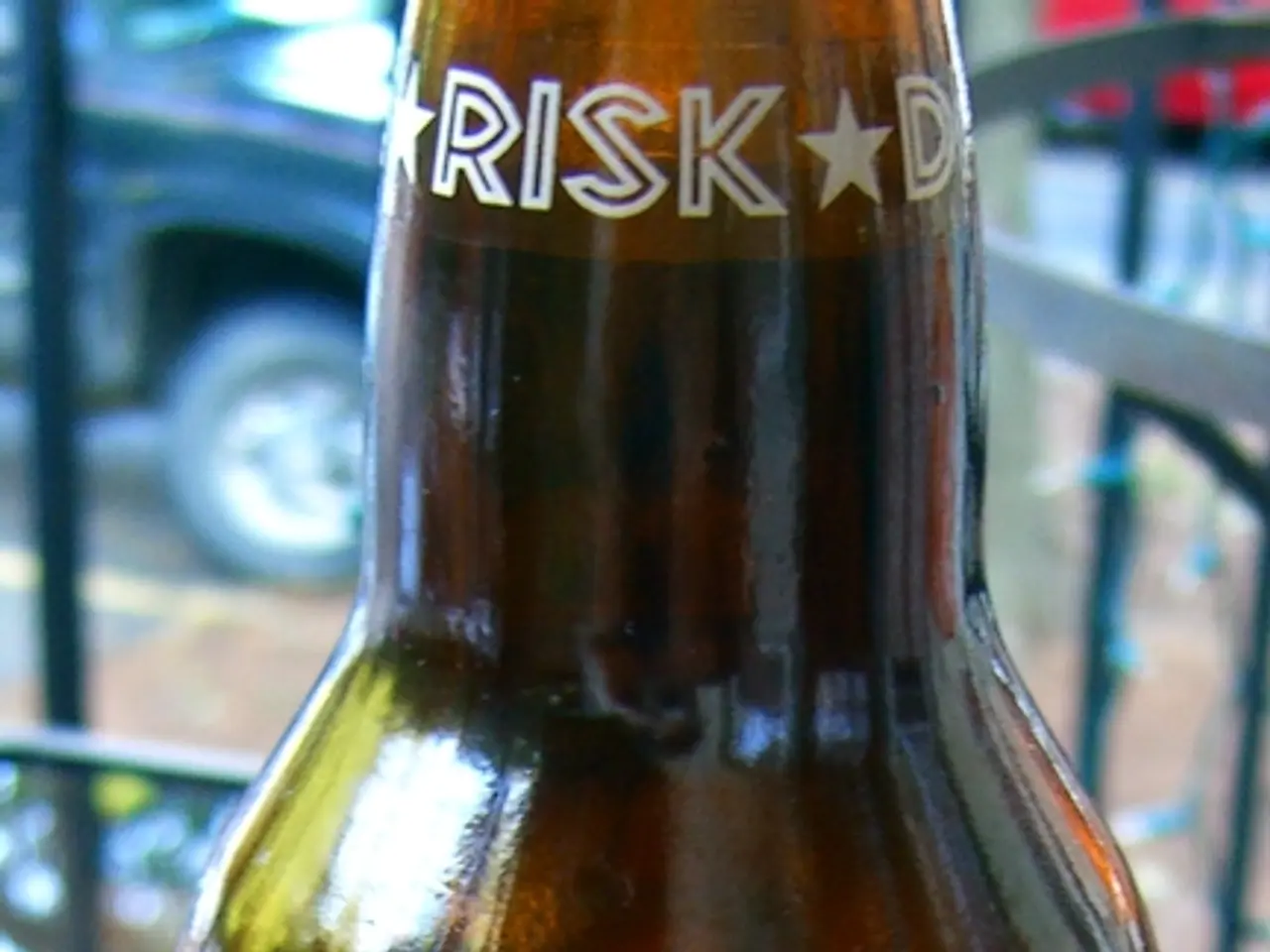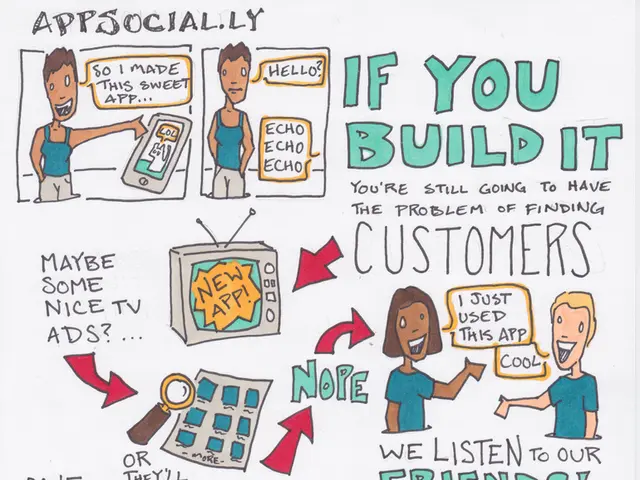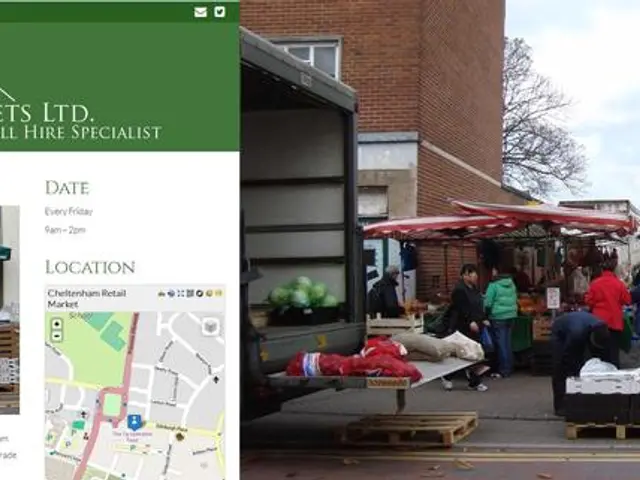List of Serious, Unexpected, and Humorous Phrases for Safe Communication
In the realm of communication and safety, the concept of safe words has gained significant attention. These words, often used in sexual intimacy, can also be employed in conflict resolution and emergency situations.
In non-sexual contexts, safe words can serve as a timeout signal during heated arguments, preventing small disputes from escalating. They can also communicate a dangerous situation, providing a means to assert one's boundaries.
Safe words are versatile tools, and their usage is not limited to the bedroom. In fact, they can be as direct and literal as "Stop the Sex," "Uncle," "Uncomfortable," "Communication," "Strategy," "Knock it off," "Stop, Drop, & Roll," or "Alright, that's enough."
When it comes to sexual intimacy, the term "safe word" itself can be one of the most effective. Its simplicity, clarity, and firmness make it impossible to misinterpret, even in the heat of the moment. A common safe word is "Red," which is direct, easy to remember, and unlikely to be said during sex in any other context.
Pop culture-oriented terms can also make for funny, random safe word ideas. Justin Bieber, Tamagotchi, Beetlejuice, Hufflepuff, Jumanji, Pikachu, Nickelback, Obi-Wan Kenobi, Kentucky Fried Chicken, Macintosh, Thunderdome, Schwarzenegger, Constantinople, Grease Lightning, Geppetto, Jesus Christ Superstar, and "Get out of my swamp" are examples of such terms, as they are unlikely to be said during sex and can be easily personalized to your relationship.
For passionate, kinky, or intense romantic relationships, a safe word like "Mercy" might be more appropriate. In contrast, for emergency scenarios, it's advisable to choose a natural, unsuspicious phrase, such as "Peanut butter cups," "Ice cream," "Get gas," "Pick up Ruby," "Traffic on Main," "Can't wait to see your new haircut," or "Hold your horses."
Danielle Bezalel, a sex educator and podcaster specializing in sexuality and sexual and reproductive health, suggests using "red" as part of a "traffic light system," where "red" means full-stop, and "yellow" means "slow down a bit" or "let's check in before continuing."
Emotional and serious safe words like "Trust," "Be Kind," "Show Pity," "Respect," and "See Me" can also be beneficial in various situations.
This article was co-authored by Jessica Swenson and Sophie Burkholder. Jessica Swenson is a Community Psychologist & Licensed Clinical Therapist and the Founder of Transformative Growth Counseling. Jacqueline Hellyer, a licensed psychosexual therapist who specializes in sex advice, sex tips, and relationship advice, also contributes to the discourse on safe words.
Sex educator Danielle Bezalel provides examples of good safe words for intimacy, such as "Yellow," "Banana," "Beetlejuice," "Trust," and "Safeword." Pineapple and other random words like "Banana," "Parachute," "Abracadabra," "Filibuster," "Pterodactyl," "Bubble Gum," "Sassafras," "Yabba Dabba Doo," "Polkadot," "Macaroni," "Caterpillar," "Kalamazoo," "Tambourine," "Double Dutch," and "Oklahoma" are solid choices for a safe word because they don't come up often in regular conversation, so you're unlikely to accidentally say them during intercourse.
In conclusion, safe words are a valuable tool for maintaining open and safe communication in various aspects of life. Whether in the heat of an argument, the intimacy of a relationship, or an emergency situation, having a safe word can provide reassurance and a means to assert boundaries.








